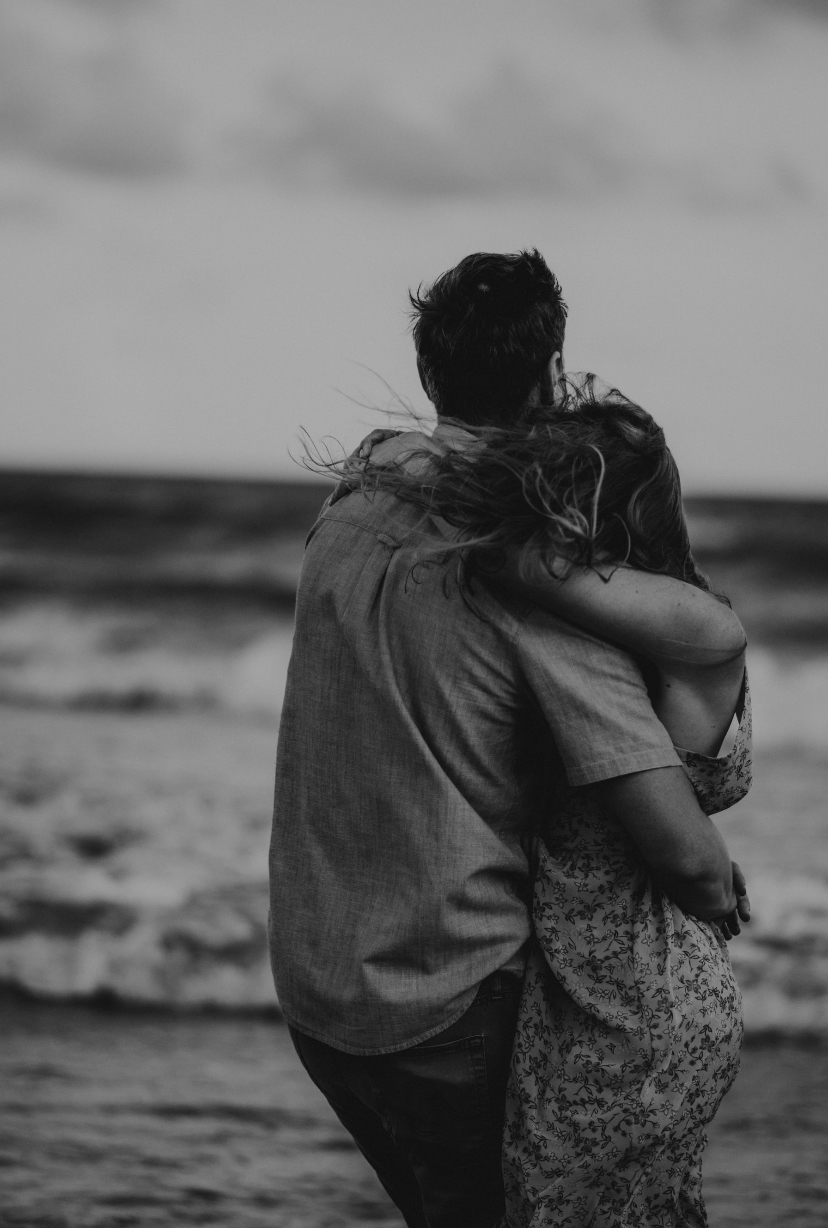Today, I was listening to a radio program, in which a teacher from the school where the recent shooting took place was being interviewed. The reporter asked, “How are your students so resilient?”
“These are smart kids,” he said. “But honestly, I have never hugged so many people in my life. Even strangers have been coming up to and hugging us.
People in the stores are offering me hugs. It’s all in the hugs,” he continued, “they are letting us know that they are with us in our pain.”
This made me think about an advice we Grief Specialists give when asked what to say to a grieving person in anyone’s life.
Many times, I tell everyone that it is perfectly ok to say nothing at all.
Merely sit and listen to them. We know that grievers need to be heard and listened to with respect.
But what if they do not want you to talk to them? Then, that is perfectly fine as well.
According to Wikipedia, A hug can indicate support, comfort, and consolation, particularly where words are insufficient. A hug usually demonstrates affection and emotional warmth, sometimes arising from joy or happiness when reunited with someone or seeing someone absent after a long time. A hug can range from a brief one second squeeze, with the arms not fully around the friend to an extended holding.
Energy is exchanged during hugs. This energy is a giving force to grievers. When they are week, tired, and feel that they can no longer carry on, you come along and give them some of your energy.
Without saying a word, this energy assures them that you are there with them. That you see them. That you know they are in pain at that moment.
However, do ask a griever if they would like a hug. Just grabbing them out of nowhere can come across as creepy.
Do give a firm hug.
Do not pat them on the back. We call this burping. Burping is for babies only.
Do not rub them. They only need to know that you are there.
Hold your position for a while.
Give this griever the option to remain engaged in the hug for as long as they need it. Sometimes, a good hug can be a very safe place for the griever, and they will let go of any emotions they have been bottling up inside.
You should be ok with this if it happens. Don’t say anything, just keep hugging.
When you feel the shoulders of the griever release, almost slightly descending, it is the sign that they are done with the hug. You can now let go.
Keep in mind that you may not need to say a word. Just be there. Look them straight in their eyes. Let the griever speak first. This way, you will know for sure if they wish to talk. ~ Sharon




